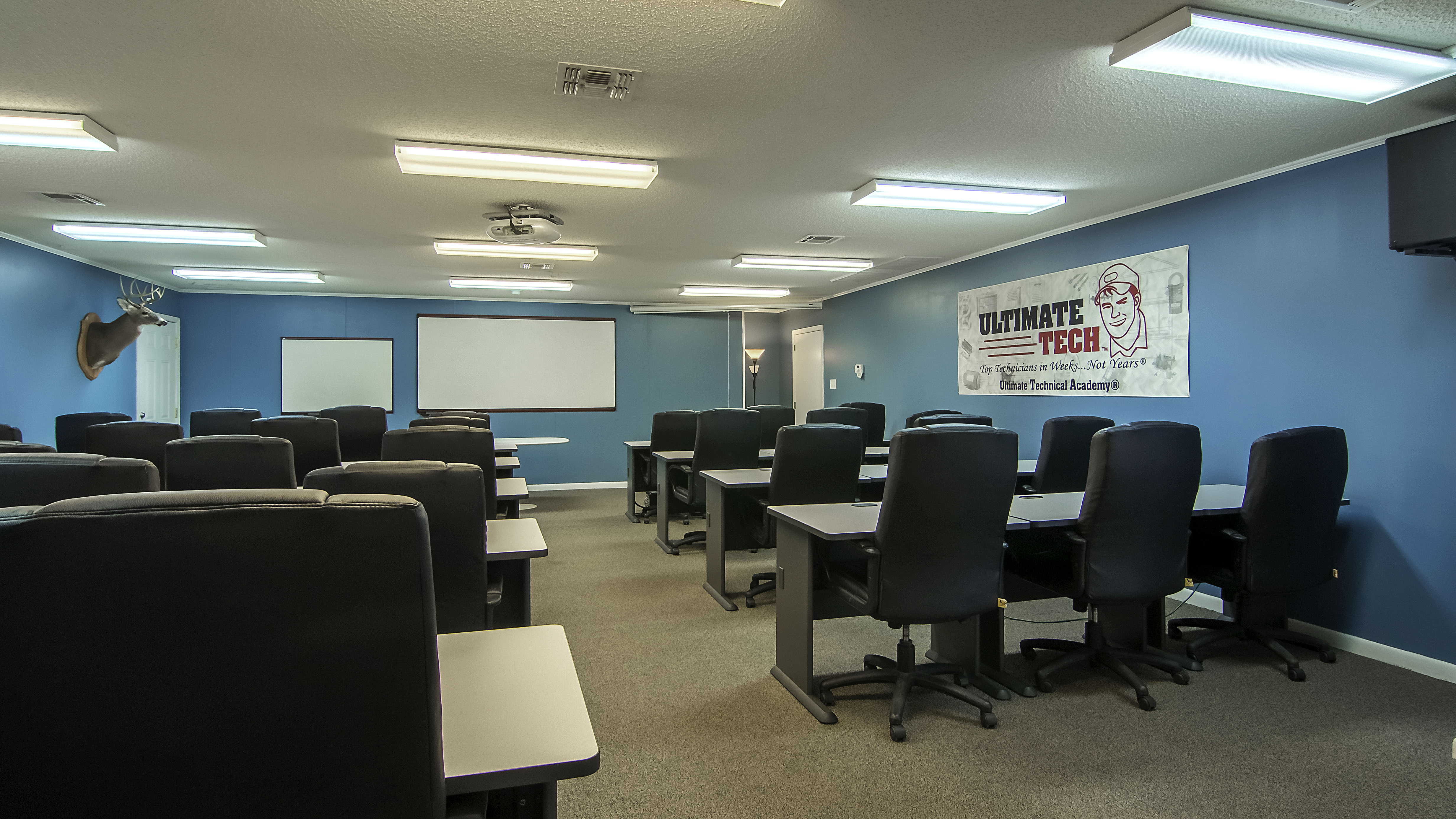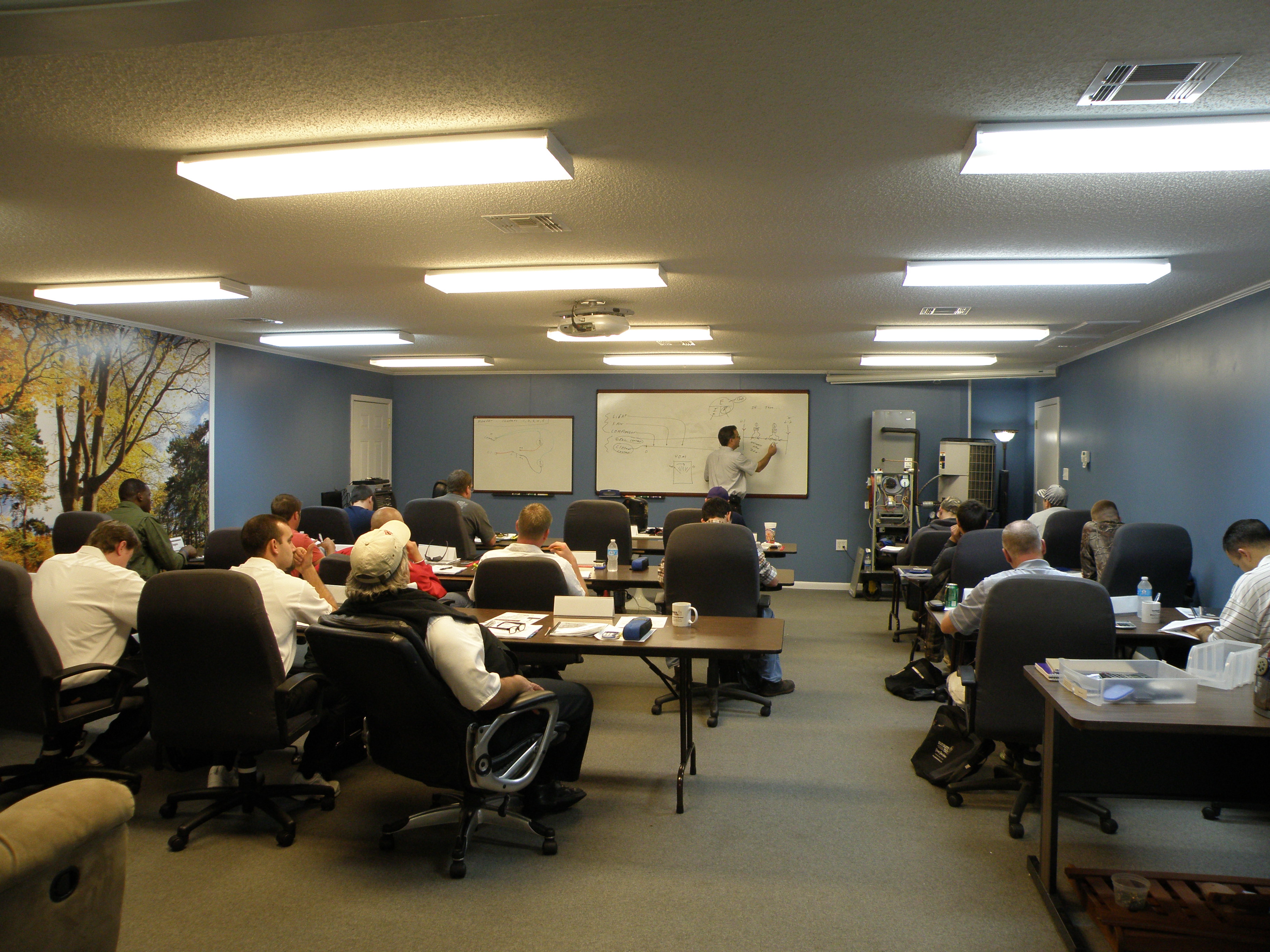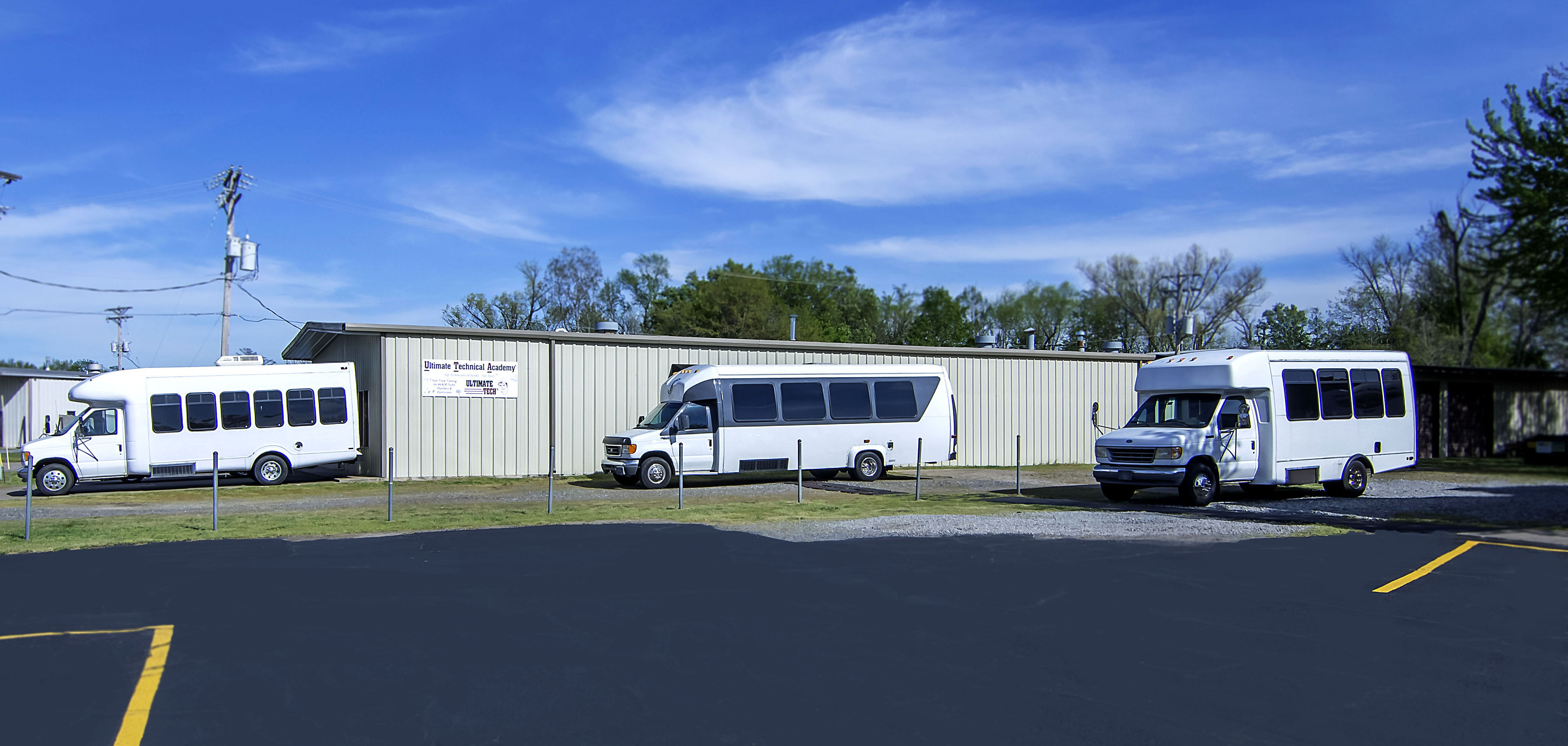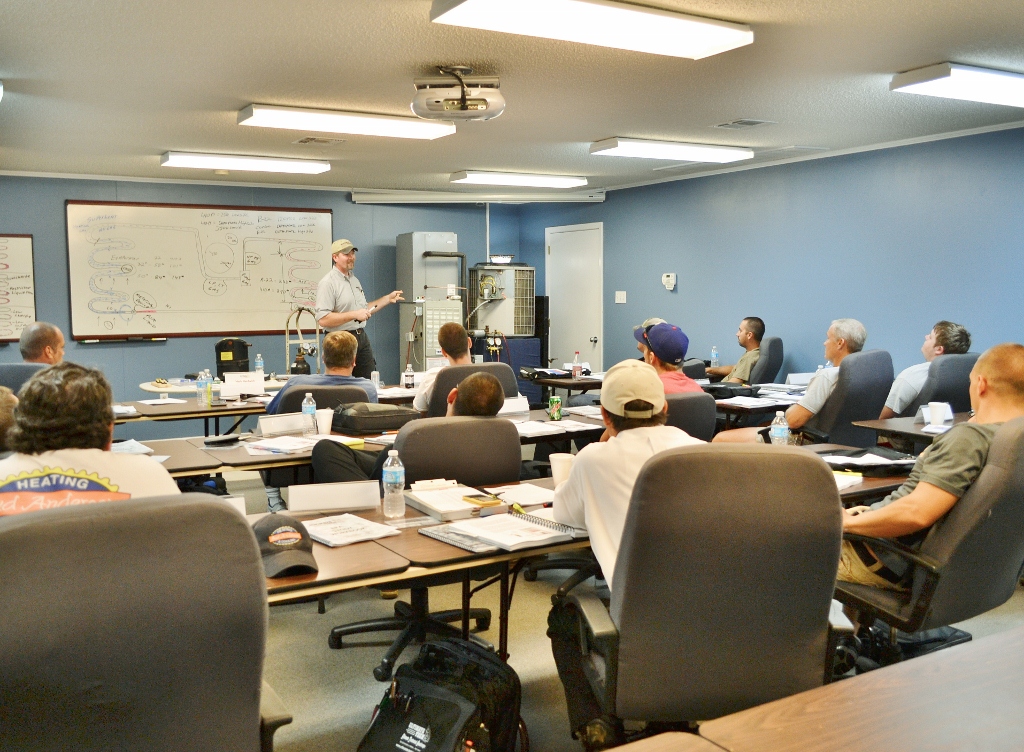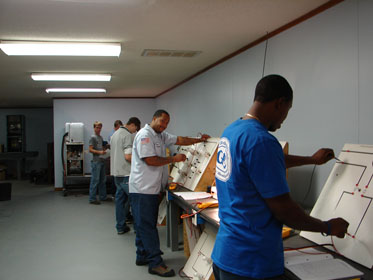
UTA’s HVAC Electrical course takes the “mystery” out of electricity enabling students to gain, not only the theory behind electrical controls but, the confidence to succeed!
Each student works individually so, regardless of experience, they progress at their own rate. A low student to instructor ratio allows each technician to receive adequate “one-on-one” training, necessary for the best lab experience. Students will spend approximately one-third of their time in the classroom learning theory, and two-thirds of their time in lab performing hands-on projects. When technicians return to work they are able to put what they have learned into action, and increase productivity and efficiency! When combined with the Refrigeration Technology Course beginning students are expected to have the ability to run residential maintenance.
Electrical Topics Covered:
- Safe electrical work practices.
- Electrical theory, laws, inductive & resistive loads.
- Electrical troubleshooting, reading diagrams & understanding low voltage transformers and controls.
- Air conditioner, furnace & heat pump controls and wiring.
- Understanding the residential home wiring system.
- Branch circuit design and wire sizing for HVAC equipment.
- Motor theory and application with compressors, capacitors and starting controls.
- Time saving diagnostics that get right to the problem.
- Troubleshooting on fully functional HVAC equipment.
- Effective methods of customer communication regarding their current HVAC problem.
Beginning (Novice) Techs:
- Preventative HVAC maintenance
- Light service diagnostics
- Installation procedures related to air-conditioning, heating and heat pump.
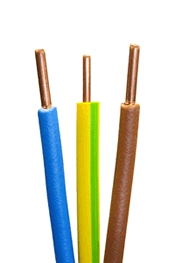
Intermediate Techs:
- Advance from maintenance to service.
- Advance from Install to Maintenance and diagnostic performance.
- Improve diagnostic skills and efficiency.
- Increase understanding of theory.
Skilled Techs:
- Easily cut diagnostic times in half.
- Reduce recalls & warranty work.
- Increase billable hours.
- Accurately diagnose difficult problems without replacing unnecessary parts.
The education and performance expectations listed above are based on each student’s individual knowledge, experience and dedication to learning.
Cost per week:
Tuition: $ 1199.00
Material/Lab/Lunch Fee: $ 395.00
Total: $ 1594.00



